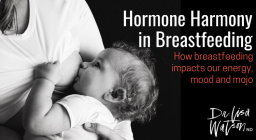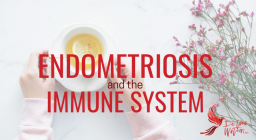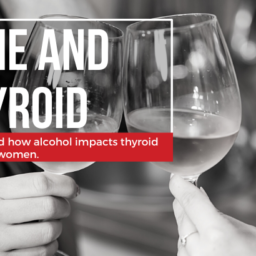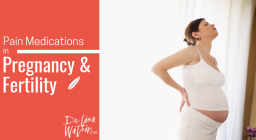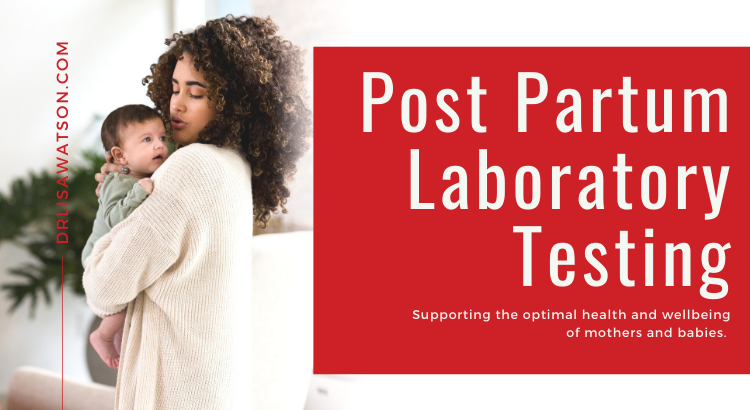
A woman’s body undergoes massive transformation during pregnancy, and our rebound to our baseline of health can take up to a year or longer. With hormone levels plummeting in the weeks after delivery, and nutrient deficiencies being incredibly common, combined with sleep deprivation and the challenges of new parenthood, many women feel tired, overwhelmed, and unwell during the months after the birth of a child.
From issues of post-partum depression and anxiety, to post-partum thyrotoxicosis, and crippling fatigue, surprisingly few women receive an adequate laboratory workup in the months after delivery. Many women believe there is little they can do to support their health during this time, but it is a lack of education that is leading many of them to suffer unnecessarily. A simple lab panel can identify many of the incredibly common issues women experience in the year after childbirth – all of which can be treated and supported to improve the health and wellbeing of new mothers.
Lab Testing in the Fourth Trimester
The fourth trimester is the three months after delivery, when both mother and babe are continuing to develop and a mother’s hormone levels plummet from all-time highs, to devastating lows. Testing can be incredibly important during this phase, as the fatigue, mood changes, and aches and pains many women experience during this time can be the result of hormone changes and nutritional deficiencies.
Recommended lab testing:
Comprehensive thyroid panel – a woman’s thyroid hormone levels fluctuate significantly after delivery, with levels remaining high for the first few weeks, then dropping to low levels. This can lead to both anxiety, and depression, fatigue, weight loss, and difficulty sleeping. A comprehensive thyroid panel includes TSH (thyroid stimulating hormone), thyroid hormones T3 and T4, as well as autoimmune thyroid antibodies TPO and anti-TG.
Nutrient panel – our bodies are wonderful things – they provide vast amounts of nutrients to support the development of our babies. However, our giving nature can leave us deficient in the months after delivery. Nutrient panels including vitamin D, vitamin B12, and iron (ferritin, serum iron, CBC) are recommended for new mothers to ensure she has sufficient nutrients for her optimal health.
Hormone panel – we know that women’s hormone levels plummet in the hours and days after delivery. For women with significant symptoms of postpartum anxiety or depression, urine hormone testing may be recommended. This can allow us a clear viewpoint on whether or not hormone balancing may help to reduce symptoms. A blood panel for prolactin levels can also be helpful in women who are breastfeeding.
Additional testing – depending on a woman’s needs other tests I often recommend in the fourth trimester are blood sugar tests (fasting blood sugar and HbA1C), homocysteine and CRP if there is inflammation, and RF (rheumatoid factor) if a woman is experiencing joint pain in the weeks or months after delivery.
All of these tests, with the exception of the urine hormone panel, are readily accessible at local laboratories. Women need to understand that testing is available to support their health in the months after having a baby, and that not all symptoms new mothers experience are due to just sleeplessness alone.
If you need more support, reach out! I’m here to help.
Disclaimer
The advice provided in this article is for informational purposes only. It is meant to augment and not replace consultation with a licensed health care provider. Consultation with a Naturopathic Doctor or other primary care provider is recommended for anyone suffering from a health problem.




